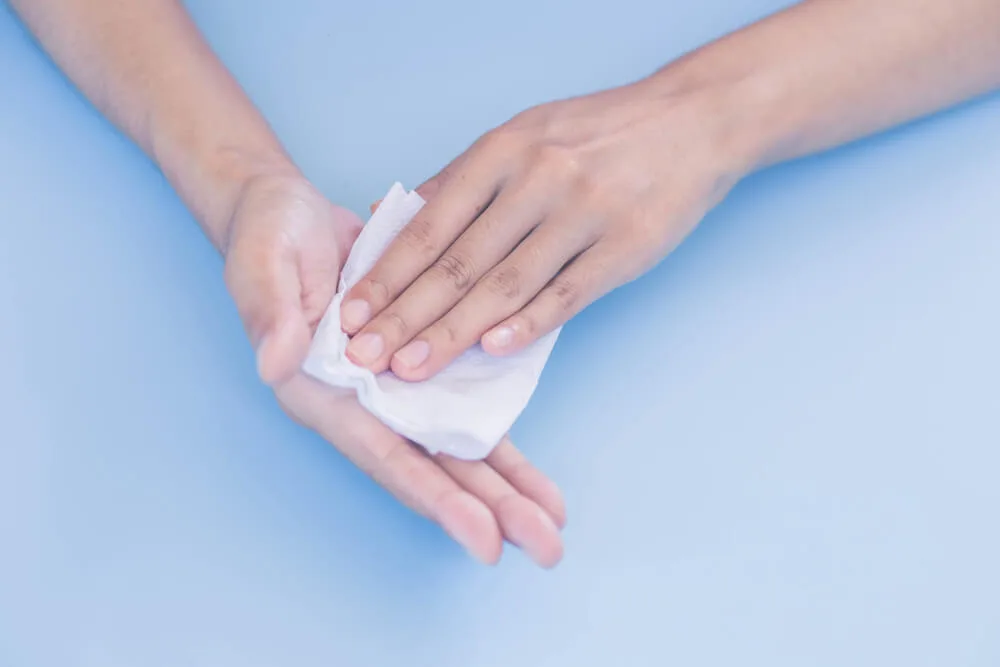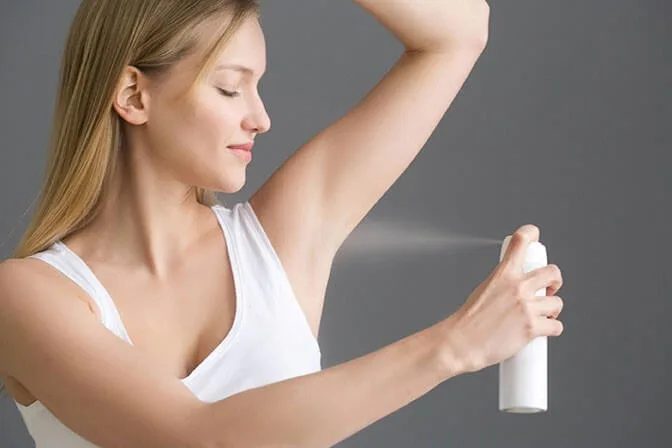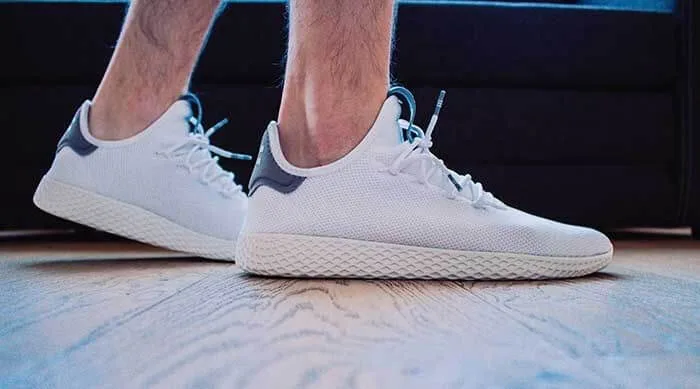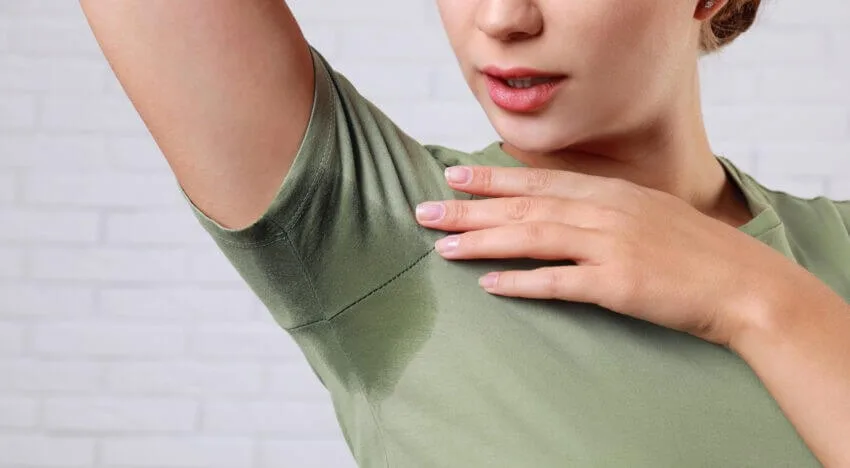Ever wonder why you sweat a lot? Don’t worry – sweating is normal.
According to the Mayo Clinic, hyperhidrosis is abnormally excessive sweating not necessarily linked to heat or exercise. People with hyperhidrosis sweat so much that it soaks through their T-shirts or drips off their hands. This condition can disrupt daily life, causing embarrassment and social anxiety.
- Diabetes
- Heart attack
- Infections
- Low blood sugar
- Menopausal hot flashes
- Nervous system disorders
- Thyroid problems:
While excessive sweating isn’t a serious or life-threatening issue, it can be embarrassing, making you feel uncomfortable and anxious. Fortunately, there are medical treatments for hyperhidrosis, but you’ll need to schedule an appointment with your primary care physician. Research indicates that primary hyperhidrosis can increase the risk of bacterial and fungal skin infections. If your excessive sweating seems overwhelming, it’s essential to see a doctor to regain control and prevent potential infections.
Here are things to know about excessive sweating — how to manage it, where it’s most common on the body, and how to determine if you are showing signs of hyperhidrosis.
Profusely Sweaty Hands Is Palmer Hyperhidrosis
If your hands are always very sweaty, it could be a condition called palmer hyperhidrosis. This just means that you sweat a lot from your palms. It can be a bit embarrassing, especially if you need to shake hands with people, and it might make you feel uncomfortable. People experiencing underarm hyperhidrosis often sweat a lot from other body parts like their hands, feet, and groin. A dermatologist from Water’s Edge Dermatology explains that these areas have high concentrations of sweat glands. Palmer hyperhidrosis refers to excessive sweating of the palms, making it challenging to hold a pen or pencil, write, drive a car, or use a computer keyboard due to slippery hands.

Do you think over About Sweaty Armpits?
Deodorants Don’t Do Enough to Block Armpit Sweat
Check with your doctor if you wonder why you sweat easily; there are solutions. Regular over-the-counter deodorants may not help if you have excessively sweaty armpits, regardless of how frequently you use them. You might find some relief with antiperspirants that contain a high concentration of aluminum chloride since it binds to and blocks sweat glands. However, this may not always be sufficient.
Consult your doctor for a stronger, prescription-strength antiperspirant to control armpit sweat. While some people find success with prescription antiperspirants, occasional additional treatment might be necessary, as mentioned by Jacob DeLaRosa, MD, a cardiothoracic surgeon at the Portneuf Medical Center in Pocatello, Idaho.

Hyperhidrosis Has Nothing to Do With Good Hygiene
Medical Management Can Help You Cope With Symptoms of Excessive Sweating
Sweating too much isn’t dangerous, but it can limit your life if it causes you to withdraw from daily activities, says dermatologist. If you notice signs of hyperhidrosis like sweaty armpits, soaking hands, or wet shoes, talk to your doctor.
According to the Mayo Clinic, common treatments for excessive sweat include:
- Prescription antiperspirants, creams, or wipes
- Botox injections to stop the nerve signals triggering sweat
- Anticholinergics, which are drugs that block the body’s sweat trigger
- Surgery, often using a procedure called endoscopic thoracic sympathectomy (ETS)
Are You Sloshing in Your Sweaty Shoes?
Some people who sweat excessively under their arms also experience plantar hyperhidrosis, which is excessive sweating of the soles of the feet, according to UCSF Health. When your feet sweat a lot, your socks and shoes become wet, making it feel like you’ve walked in a puddle.
Taking off your shoes and socks in public places, such as the gym locker room or the shoe store, might make you uncomfortable due to the resulting odor. You might have eliminated sandals from your wardrobe because your slippery feet make it challenging to wear them, and walking barefoot can be problematic when you leave wet footprints behind.

Armpit Sweat Makes It Impossible to Keep Clothes Dry
Excessive sweating under your arms is known as axillary hyperhidrosis. A sign that you might have this condition is how you choose to dress. If you avoid wearing light or bright-colored tops because you’re worried about underarm sweat stains being noticeable, or if you steer clear of delicate fabrics like silk because you fear they might get ruined, you’re likely dealing with excessive underarm sweat. Men with this condition may also keep their suit jackets on, even in warm weather, to hide shirt stains around their sweaty armpits.
Tips for Excessive Sweating
Dealing with excessive sweating? Here are some simple tips to help you manage it:
- Choose Breathable Fabrics:
- Stay Hydrated:
- Use Antiperspirants:
- Take Cool Showers:
- Manage Stress:
- Keep Underarms Dry:
- Dress in Layers:
Causes of Excessive sweating
- Hot Weather:
- Anxiety and Stress:
- Spicy Foods:
- Medical Conditions:
- Obesity:
- Genetics:
- Washing Hands:
- Clothing:
- Changing of socks:
- Removal of hair from body:
- Hydrated:

